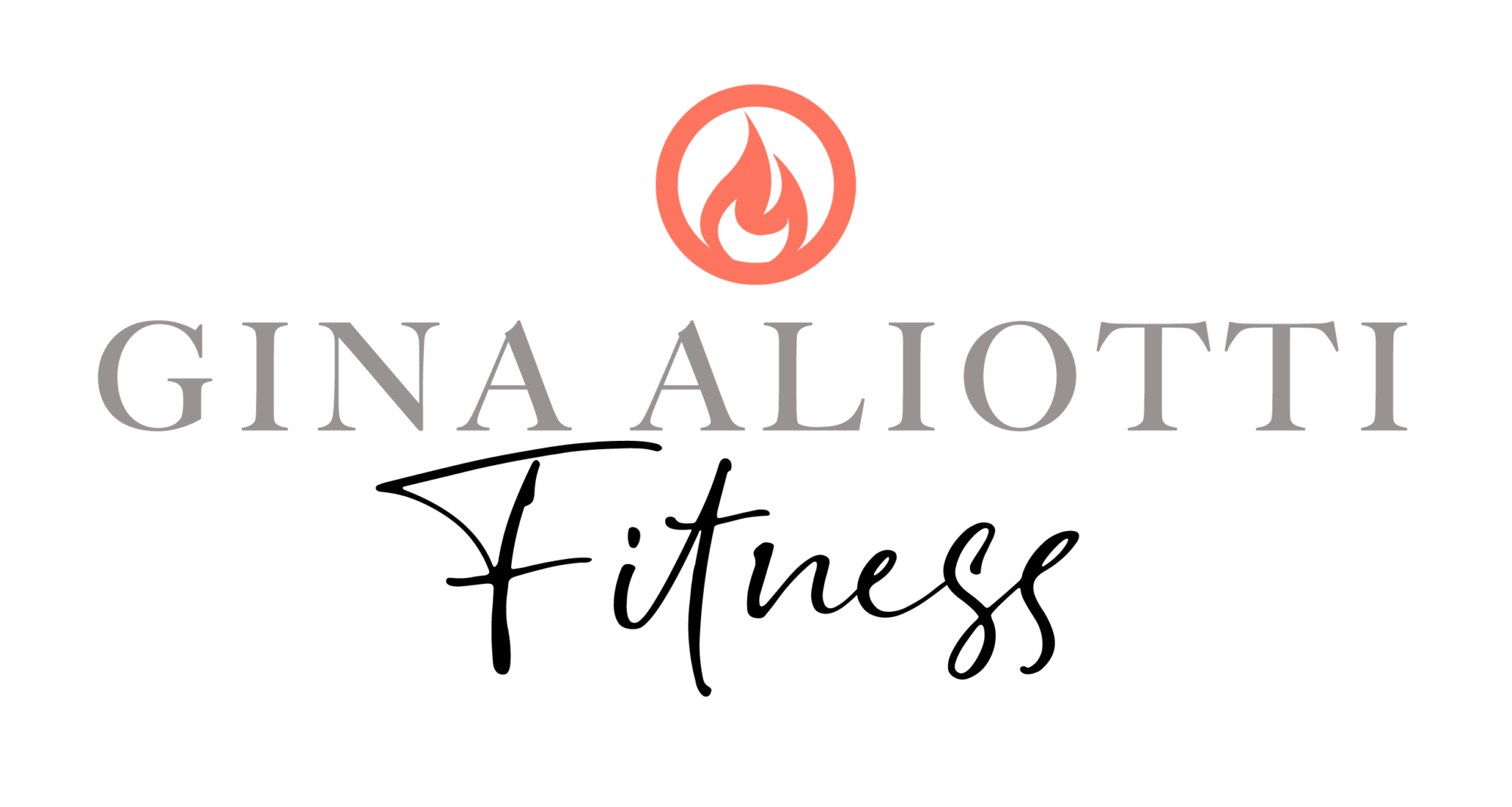In the 90’s there was a huge No Fat Craze, Fat Free this, low fat that… Now we are in a new decade where fat is our best friend, just depends on the kind of fat! Fat can help lower cholesterol levels, burn body fat, keep you satiated and much more. The question is, what kind of fat are you eating and do you know which fats have all these benefits?
When you make your fat choices, the types of fats you choose are what’s important. You should be eating fat but it is the kind of fat that matters.
Monounsaturated Fats are the healthiest fats. Monounsaturated fats decrease your total blood cholesterol but maintain your HDL (good) cholesterol. Ideally, most of the fat in your diet should come from this group. You can find Monounsaturated fats in foods such as: almonds, avocadoes, cashews, canola oil, hazelnuts, macadamia nuts, natural peanut butter, olive oil, olives, pecans, peanuts, peanut oil, pistachios, sesame oil, sesame seeds, and tahini paste.
Polyunsaturated Fats are next in line of healthy fats. They decrease your total blood cholesterol by lowering both the LDL (bad) cholesterol and the HDL (good) cholesterol. You see these fats are great because they lower LDL but they also lower HDL, unlike monounsaturated fats. Because of this, they should only enjoy them in moderation. You’ll find polyunsaturated fats in vegetable oils (soy, corn, safflower).
Omega 3’s are a special group of polyunsaturated fats that are heart-healthy and can be found in high fat fish and shellfish such as: albacore tuna, mackerel trout, herring, salmon, oysters, sardines, and shrimp. Plant sources include and walnuts, flaxseed, flaxseed oil, hempseed, hempseed oil, and soybean oil.
Saturated fat is unhealthy fat that increases BOTH your total cholesterol and your LDL (bad) cholesterol. No more than 10% of your calories should come from saturated fats (about 15-25 grams daily), depending on your calorie needs. You want to limit or avoid these sources of saturated fat: bacon, bacon grease, beef, butter, cheese, cocoa butter, cream, cream cheese, ice cream, lard, palm kernel oil, palm oil, pork, poultry, sour cream, and whole milk.
The real killer is Trans Fat, which is the unhealthiest fat you can eat! It increases your total cholesterol and your LDL (bad) cholesterol AND lowers your HDL (good) cholesterol. Even eating a small amount of trans fats can increases your risk of heart disease, especially if you already have risk factors. Limit your intake of trans fats as much as possible. You want to keep your trans fat to 0 grams a day which means NONE. Food products that contain trans fat include vegetable shortenings, hard stick margarines, crackers, candies, cookies, snack foods, fried foods, doughnuts, pastries, baking mixes and icings, store-bought baked goods, and more. Basically anything processed or found in the inner isles of the grocery store!
Although some fats (monounsaturated, Omega-3’s) are healthier than others (saturated and trans fats), it’s important to remember that fats are still high in calories. Consuming too many, even the healthy ones such as nut butters, can result in weight gain. Remember it is about calories in vs. calories out. A good rule of thumb is to limit your total fat intake to less than 30% of your total calories each day. This is about 45-65 grams each day.
Take away: Not all fat is created the same! Just know what fats are good and which ones you should avoid and get with the new decade that FATS are not all bad!!
